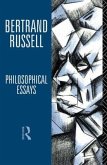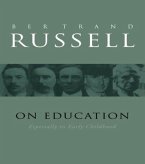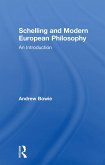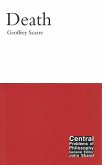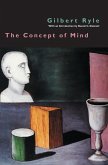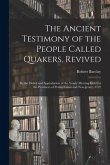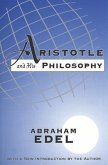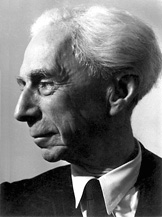Bertrand Arthur William Russell, 3rd Earl Russell OM FRS (18 May 1872 - 2 February 1970) was a British polymath, philosopher, logician, mathematician, historian, writer, social critic, political activist, and Nobel laureate. Throughout his life, Russell considered himself a liberal, a socialist and a pacifist, although he also sometimes suggested that his sceptical nature had led him to feel that he had "never been any of these things, in any profound sense". Russell was born in Monmouthshire into one of the most prominent aristocratic families in the United Kingdom. In the early 20th century, Russell led the British "revolt against idealism". He is considered one of the founders of analytic philosophy along with his predecessor Gottlob Frege, colleague G. E. Moore and protégé Ludwig Wittgenstein. He is widely held to be one of the 20th century's premier logicians. With A. N. Whitehead he wrote Principia Mathematica, an attempt to create a logical basis for mathematics, the quintessential work of classical logic. His philosophical essay "On Denoting" has been considered a "paradigm of philosophy". His work has had a considerable influence on mathematics, logic, set theory, linguistics, artificial intelligence, cognitive science, computer science (see type theory and type system) and philosophy, especially the philosophy of language, epistemology and metaphysics. Russell was a prominent anti-war activist, championed anti-imperialism, and chaired the India League. Occasionally, he advocated preventive nuclear war, before the opportunity provided by the atomic monopoly had passed and he decided he would "welcome with enthusiasm" world government. He went to prison for his pacifism during World War I. Later, Russell concluded that the war against Adolf Hitler's Nazi Germany was a necessary "lesser of two evils" and also criticised Stalinist totalitarianism, condemned the involvement of the United States in the Vietnam War and was an outspoken proponent of nuclear disarmament. In 1950, Russell was awarded the Nobel Prize in Literature "in recognition of his varied and significant writings in which he champions humanitarian ideals and freedom of thought". (wikipedia.org)
Hinweis: Dieser Artikel kann nur an eine deutsche Lieferadresse ausgeliefert werden.
Hinweis: Dieser Artikel kann nur an eine deutsche Lieferadresse ausgeliefert werden.
'A book which we cannot afford to miss if we think at all.' - The Spectator
'A book of real value...the writing is nearly always of the delightful clarity that we have learned to expect' - The Times Literary Supplement
'A book of real value...the writing is nearly always of the delightful clarity that we have learned to expect' - The Times Literary Supplement
'A book which we cannot afford to miss if we think at all.' - The Spectator
'A book of real value...the writing is nearly always of the delightful clarity that we have learned to expect' - The Times Literary Supplement
'A book of real value...the writing is nearly always of the delightful clarity that we have learned to expect' - The Times Literary Supplement


